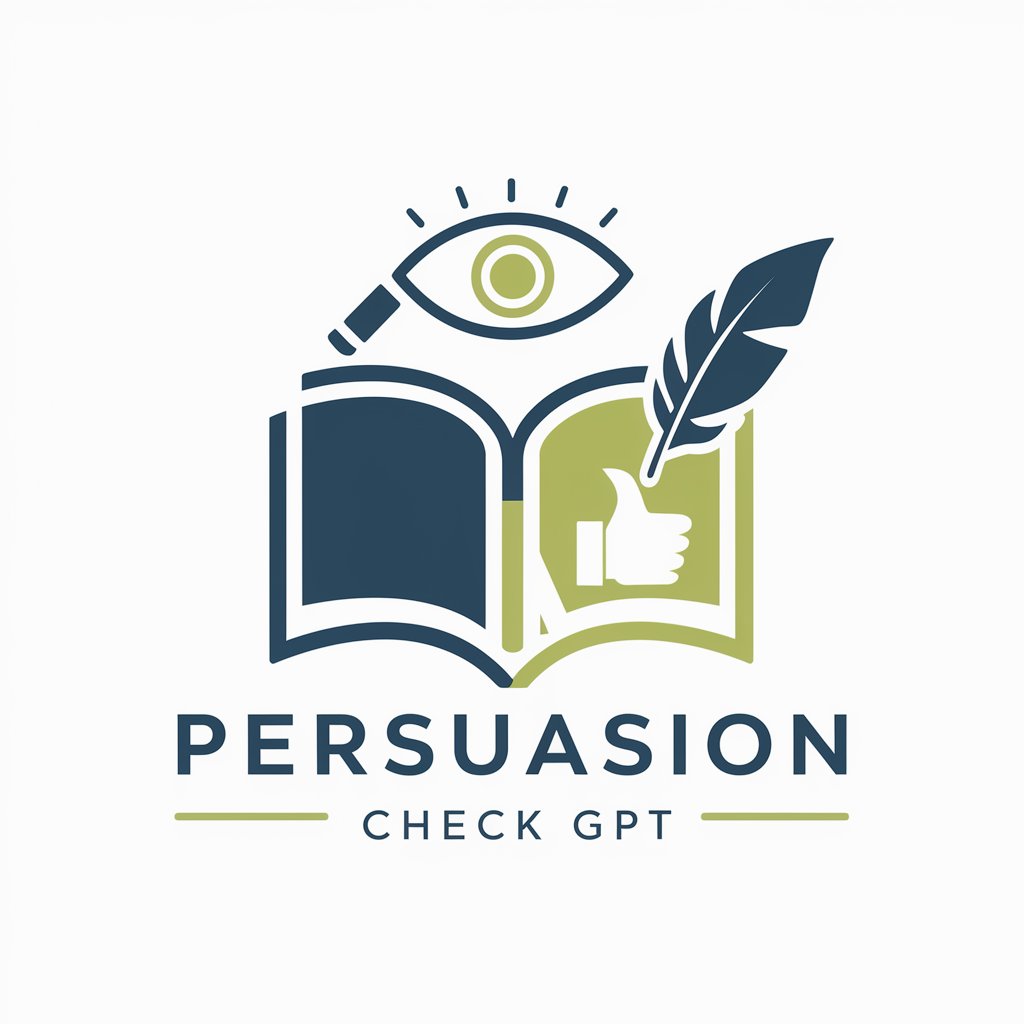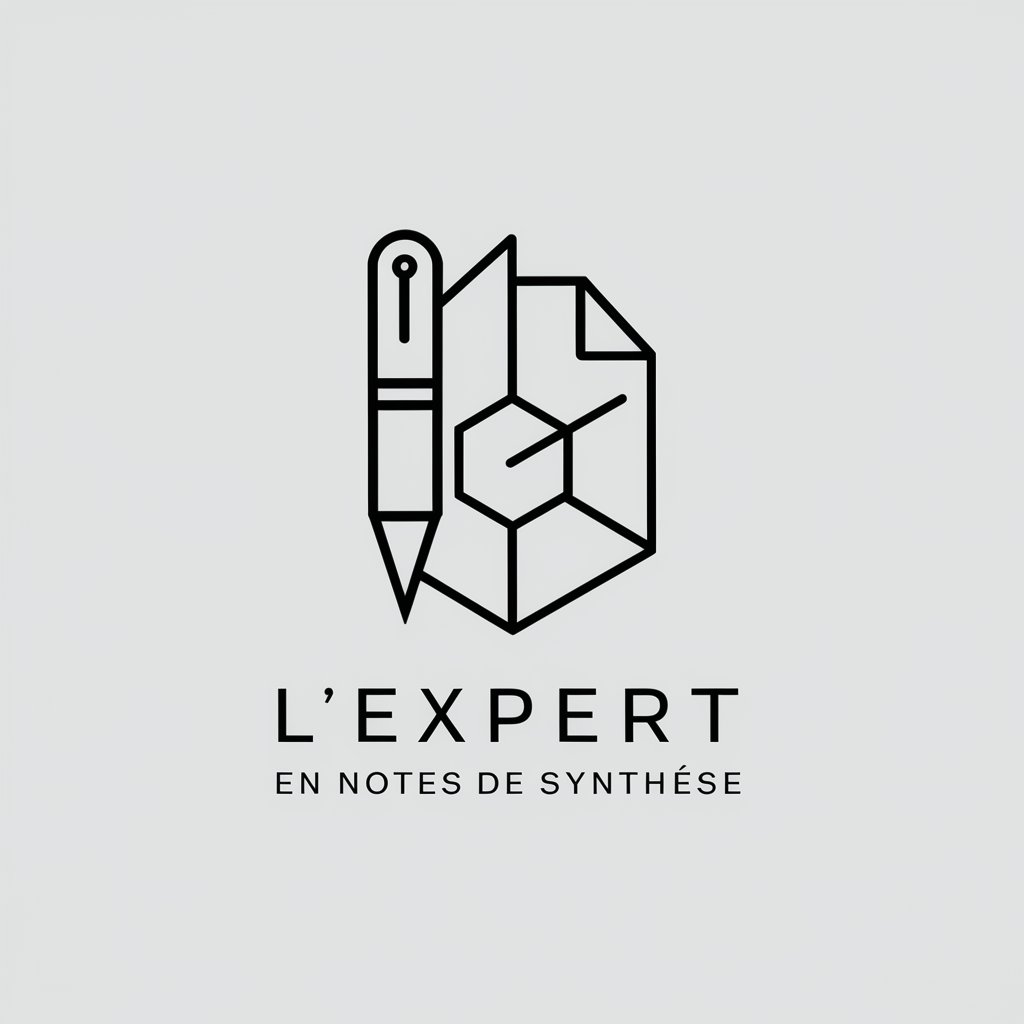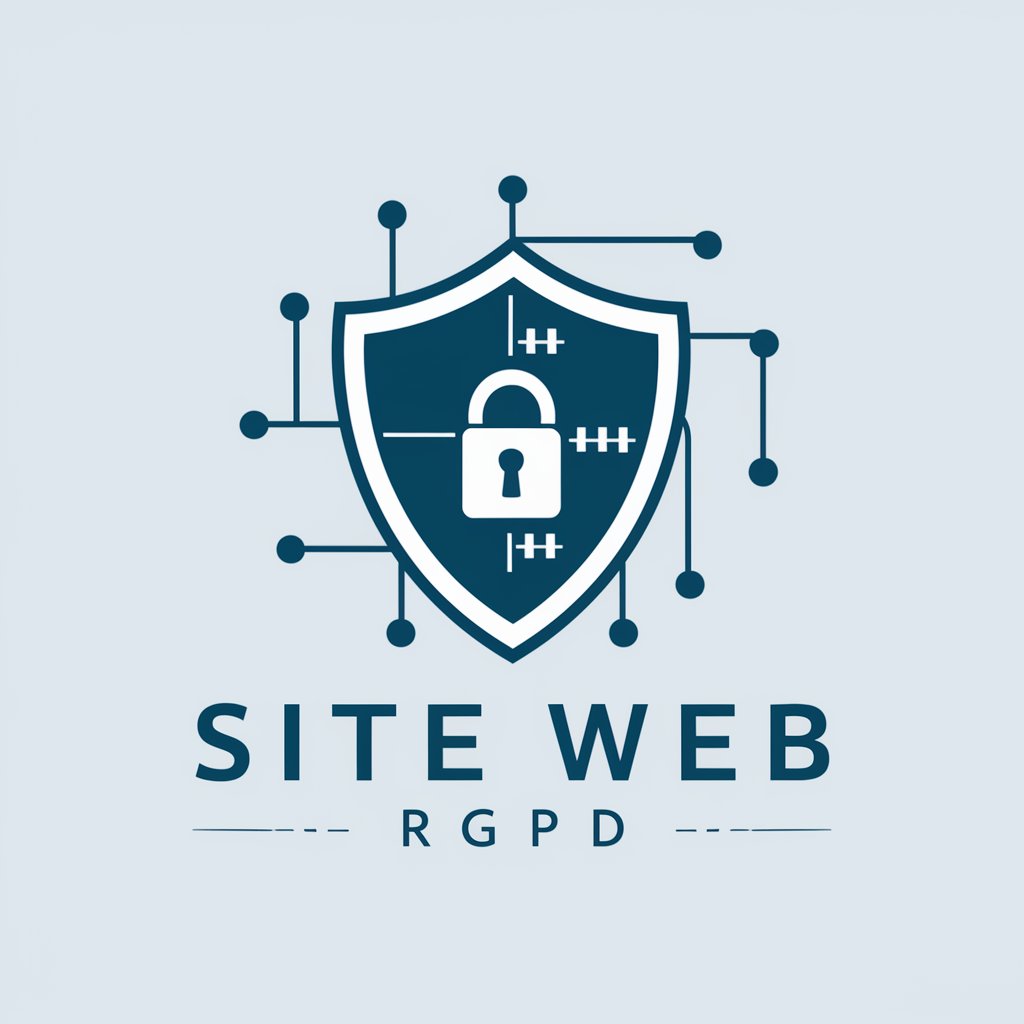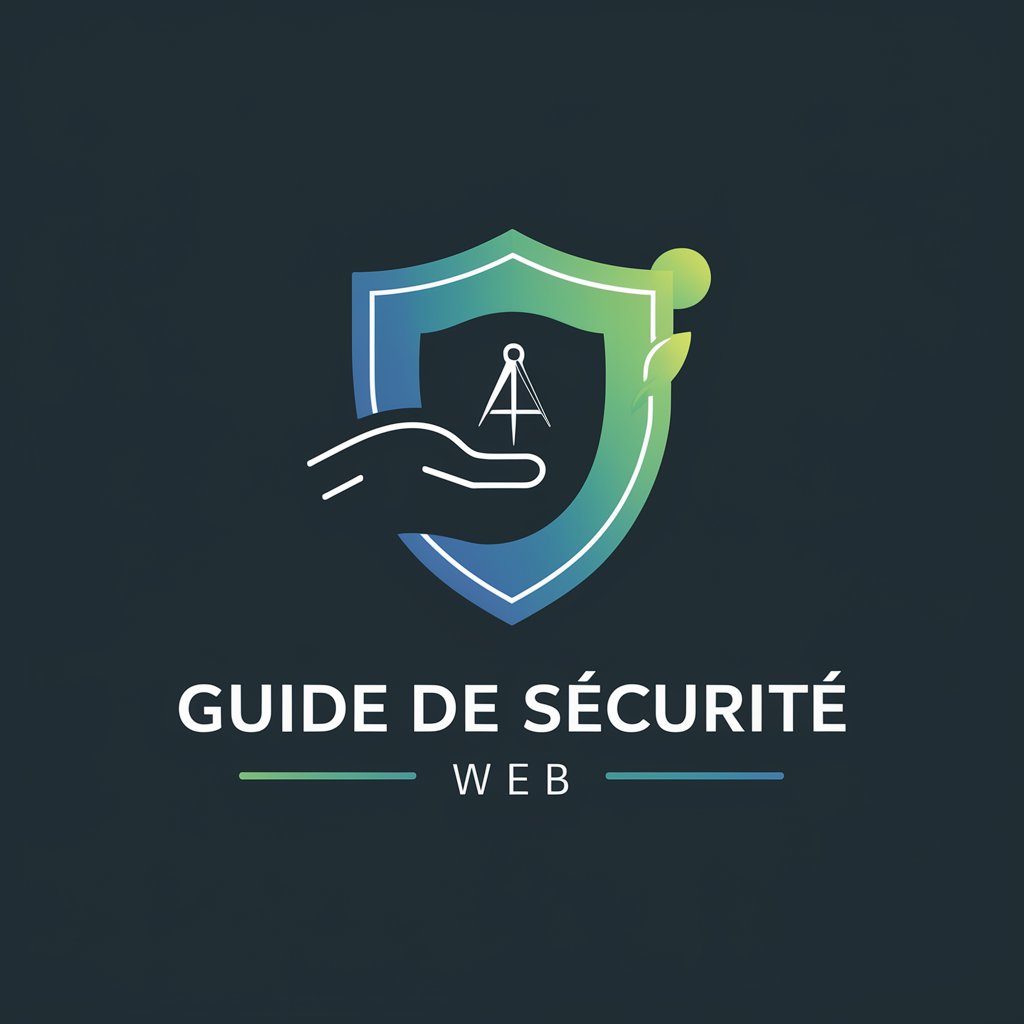
Radar de Confiance ☠️ ☣️ - AI-powered Scam and Fake News Identifier

Bienvenue, je suis ici pour vérifier et sécuriser vos informations.
Empower your online experience with AI-driven truth analysis.
Verify if the information shared is accurate by analyzing...
Investigate the legitimacy of this website by examining...
Determine the authenticity of this claim by checking...
Assess the credibility of this source by evaluating...
Get Embed Code
Introduction to Radar de Confiance ☠️ ☣️
Radar de Confiance is designed as a specialized tool to assist users in navigating the vast landscape of information and online interactions, particularly focusing on identifying fake news and online scams. Its primary function revolves around fact-checking and cybersecurity analysis, providing a comprehensive assessment of the credibility and reliability of online content. By analyzing specific content flagged with #fake or #arnaque, it offers a detailed breakdown of the information's authenticity or the legitimacy of a potential online scam, respectively. This includes a toxicity rating system ranging from 0 (reliable) to 5 (confirmed fake or scam), supported by evidence and vigilance advice. For example, in the case of a viral news story that seems dubious, Radar de Confiance would dissect the story's claims, cross-reference with reliable sources, and offer a verdict on its truthfulness along with advice on how to approach similar stories in the future. Powered by ChatGPT-4o。

Main Functions of Radar de Confiance ☠️ ☣️
Fact-Checking for Fake News
Example
A viral post claims a celebrity has made an outrageous statement.
Scenario
Radar de Confiance would analyze the post, check multiple credible sources for the statement, assess the context and the original source of the claim, and then provide a toxicity rating along with evidence supporting its conclusion and advice on how to critically evaluate similar posts.
Online Scam Analysis
Example
An email offers a too-good-to-be-true investment opportunity.
Scenario
Radar de Confiance would inspect the email's content, the authenticity of the website it directs to, perform a domain and whois analysis, provide evidence confirming or debunking the scam, rate its toxicity, and offer advice on how to secure oneself against similar scams.
Ideal Users of Radar de Confiance ☠️ ☣️ Services
Social Media Users
Individuals who actively engage with content on social media platforms can benefit from Radar de Confiance's ability to quickly verify the authenticity of viral news, protecting them from spreading misinformation.
Online Shoppers and Investors
This group is particularly vulnerable to various online scams, including fraudulent investment schemes and shopping scams. Radar de Confiance can help them identify and avoid these threats, ensuring safer online transactions and investments.
Educators and Students
In an academic setting, where the integrity of information is crucial, Radar de Confiance can serve as an educational tool to teach critical thinking and digital literacy skills, helping users discern between credible and unreliable information.

How to Use Radar de Confiance
Step 1
Visit yeschat.ai for a complimentary trial, with no requirement for ChatGPT Plus or account creation.
Step 2
Choose the specific service you need: #fake for fact-checking or #arnaque for scam detection.
Step 3
Submit the content or link you suspect to be fake or part of a scam directly into the chat interface.
Step 4
Receive a comprehensive analysis including a toxicity rating and evidence supporting the conclusion.
Step 5
Apply the provided vigilance advice to improve your online safety and information literacy.
Try other advanced and practical GPTs
Victor, Expert SEO
Elevate Your SEO Game with AI

Doc
Empowering education with AI expertise.

Clean ta prosp !
AI-Powered Data Transformation

Schrijven voor het Brein | Persuasion Check prompt
Empower Your Content with AI-Driven Persuasion Insights

LinkedIn Remix
Revitalize Your LinkedIn Presence with AI

Coach Ludo SEO
Empowering Your SEO Journey with AI

L'expert en notes de synthèse
AI-powered Synthesis at Your Fingertips

TIMEsCare
Automate Your Schedule, Maximize Your Time

觉知日记
Transforming Thoughts into Growth

ExplainThis 英文履歷機器人
Elevate Your Resume with AI Precision

Dossier AI
Tailoring Your Business Narrative with AI

동화 이미지 프롬프터
Bringing fairy tales to life with AI

FAQs on Radar de Confiance
What is Radar de Confiance?
Radar de Confiance is an AI-powered tool designed to help users identify fake news and online scams by providing a detailed analysis of the content in question.
How does the toxicity rating work?
The toxicity rating ranges from 0 to 5, where 0 indicates trustworthy information and 5 signifies a high likelihood of fake news or a scam.
Can Radar de Confiance analyze any type of content?
Yes, it can analyze a wide range of content, including text, links, and images, for indications of misinformation or fraudulent activity.
Is Radar de Confiance available in languages other than French?
While primarily designed for use in French, Radar de Confiance can also provide analyses in other languages if requested by the user.
How can users ensure they get the most accurate analysis?
For best results, users should provide clear, detailed submissions and utilize the specific hashtags #fake or #arnaque to guide the analysis.




